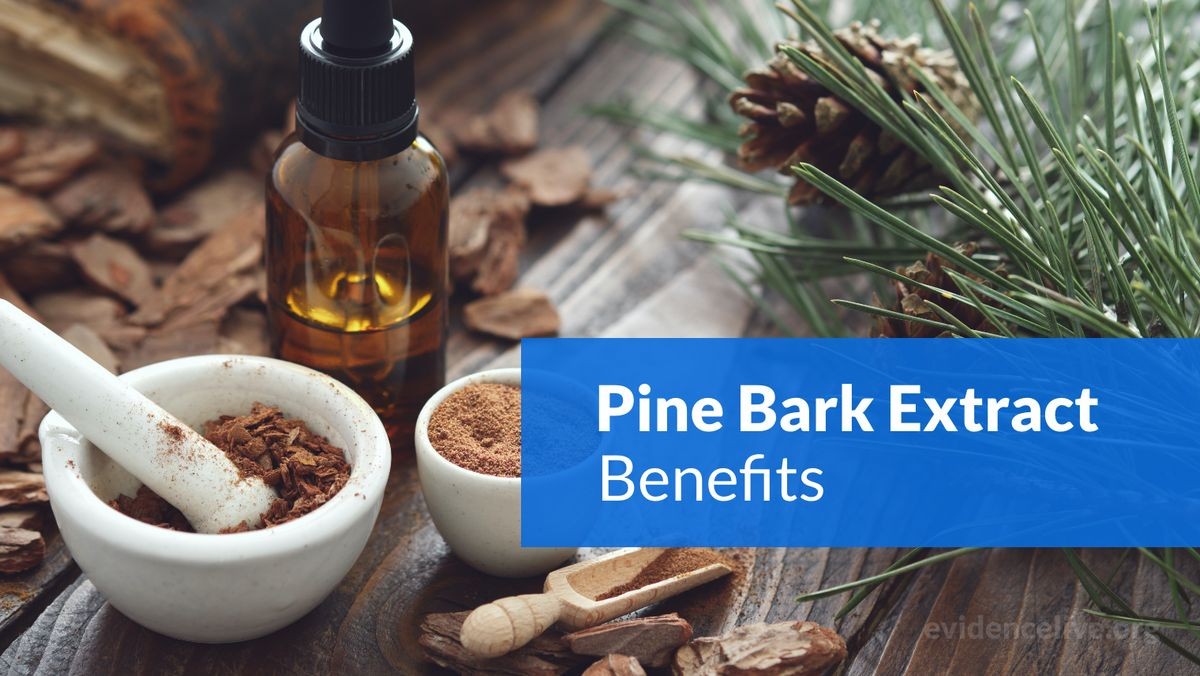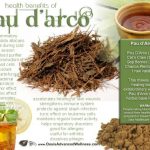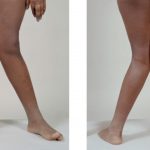
Contents
What Is Pine Bark Extract Good for and Are There Side Effects?
Pine bark extract comes from different types of pine trees. Commercial products are available under varying names, including pycnogenol, ProVens, Flavangenol, PineXol, Lady Prelox, Prelox, Oligopin, and Enzogenol. Studies show that pine bark might have some health benefits, but more research is necessary.
Pine bark extract is a mixture of phytochemicals that come from various species of pine trees. This extract is sometimes called French pine, Maritime pine, pycnogenol, or French marine extract. Pycnogenol is the patented name for pine bark extract that contains 70+ percent procyanidins.
There are over 100 species of pine trees, and extracts can come from any of these, though P. pinaster is the most common. This tree grows up to 30 meters and has reddish-brown bark, paired needles, and brown oval cones.
People have used pine bark as medicine for a long time, typically to lower inflammation. Some reports suggest that early French explorers drank pine bark tea to prevent vitamin C deficiency, too.
Today, you can find commercial pine bark extract in liquid or powder form. It’s available in the form of a tablet, capsule, tincture, or skin product.
Health benefits of pine bark extract
Research shows some potential health benefits of pine bark extract. There have been a few clinical studies on humans with promising results, but it’s too early to know for sure.
Antioxidant activity
Pine bark extract is rich in procyanidins, which are a type of antioxidant. These compounds neutralize unstable molecules in the body that can cause cell damage and cancer.
Studies suggest that pine bark extract can deactivate harmful compounds and prevent the buildup of damaged proteins.
Lowered inflammation
Pine bark extract reduces inflammation by blocking inflammatory chemicals and enzymes. One study showed that taking pine bark extract by mouth blocked cyclooxygenase (COX) enzymes, which lowered inflammation and pain levels.
Researchers suggest that pycnogenol could also be helpful for inflammatory, autoimmune, or heart diseases. More research is necessary, though.
Improved asthma symptoms
Asthma is a long-term lung condition that causes inflammation in the airways. It often affects children and causes symptoms like wheezing, coughing, tightness, and trouble breathing.
Randomized clinical trials show that pine bark extract reduces asthma symptoms in children and improves lung function in adults. Taking a daily dose by mouth with regular asthma medications might help lower rescue inhaler use in children.
Erectile dysfunction occurs when you have trouble getting or keeping an erection. It can be caused by lack of blood flow, nerve damage, emotional factors, or other conditions like diabetes, heart disease, or high blood pressure.
In one clinical study, patients with mild to moderate erectile dysfunction took a supplement of pycnogenol and l-arginine or a sugar pill (placebo). After 8 weeks, patients who took the pycnogenol had lower blood pressure, slightly higher testosterone levels, and improved erection hardness and satisfaction during sex.
Another study using a pycnogenol and l-arginine treatment over 6 months found similar results. It’s hard to say that these results come from pycnogenol alone, as other studies show that l-arginine alone can improve erectile dysfunction.
Treatment for chronic venous insufficiency
Chronic venous insufficiency (CVI) is a condition where the valves in the veins of your legs don’t work well. Blood flows backward and pools, causing varicose veins, swelling, ulcers, and achy legs. It’s not typically a serious condition, but it can be painful.
Pine bark extract might help improve circulation. Small studies have shown that pycnogenol taken by mouth can lower swelling and ulcers and improve symptoms of CVI. It might also lower feelings of leg heaviness.
Reduced side effects of cancer treatment
Chemotherapy and radiation can cause side effects like dryness in the mouth, sores, nausea, vomiting, swelling, tiredness, and other symptoms. Early studies suggest that pine bark could help ease these symptoms.
In a small study, patients receiving cancer treatments took pycnogenol or a sugar pill. Those who took the pycnogenol displayed a marked improvement in terms of mouth and throat pain, dryness, sores, and dry eyes, suggesting that pine bark extract might reduce the side effects of cancer treatment.
Reduced dark spots
Pycnogenol might also promote healthy skin. Studies suggest that taking the extract by mouth helps protect the skin from sun damage, boosts skin elasticity and smoothness, and reduces swelling and hyperpigmentation, suggesting it might be an effective treatment for dark spots and melasma.
Side effects of pine bark extract
Pine bark extract is likely safe to take at normal doses ranging from 50 milligrams up to 450 milligrams per day. Children ages 6 to 18 years can likely take pine bark extract for up to 3 months. It might also be safe to take during pregnancy, but this has yet to be confirmed.
Possible side effects of pine bark extract may include:
Digestive upset
The most common side effect of pine bark extract is digestive upset, including nausea and other stomach problems. The extract might also cause dizziness, irritability, and low energy levels.
Pine bark extract might interfere with blood-clotting medications and increase the risk of bleeding and bruising. It might also stimulate the immune system and interfere with immune-suppressing drugs.
Autoimmune reactions
The potential immune-boosting effects of pine bark extract could aggravate autoimmune diseases.
Talk to your doctor about pine bark extract
Pine bark extracts like pycnogenol show promising health benefits. It’s likely safe for most people to take but could interact with certain medications. Talk to your doctor before you take pine bark extract, especially if you’re pregnant or nursing.
QUESTION
American Botanical Council: "Scientific and Clinical Monograph for Pycnogenol."
Annals of the New York Academy of Sciences: "Inhibition mechanisms of bioflavonoids extracted from the bark of Pinus maritima on the expression of proinflammatory cytokines."
BJU International: "Investigation of a complex plant extract for mild to moderate erectile dysfunction in a randomized, double-blind, placebo-controlled, parallel-arm study."
Cochrane Database of Systematic Reviews: "Pine bark (Pinus spp.) extract for treating chronic disorders."
Johns Hopkins Medicine: "Asthma," "Chronic Venous Insufficiency."
Journal of Ethnopharmacology: "A review on biological, nutraceutical and clinical aspects of French maritime pine bark extract."
Journal of Sexual Medicine: "The Potential Role of Arginine Supplements on Erectile Dysfunction: A Systemic Review and Meta-Analysis."
Memorial Sloan Kettering Cancer Center: "Pine Bark Extract."
National Library of Medicine MedlinePlus: "Maritime Pine."
Panminerva Medica: "Pycnogenol may alleviate adverse effects in oncologic treatment."
Phytotherapy Research: "Clinical assessment of a supplement of Pycnogenol™ and L-arginine in Japanese patients with mild to moderate erectile dysfunction."
Research in Pharmaceutical Sciences: "Pharmaceutical and nutraceutical effects of Pinus pinaster bark extract."
Skin Pharmacology and Physiology: "French Maritime Pine Bark Extract (Pycnogenol®) Effects on Human Skin: Clinical and Molecular Evidence."
Urology Care Foundation: "Erectile Dysfunction (ED)."


